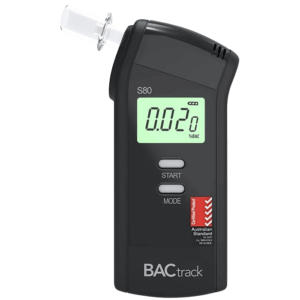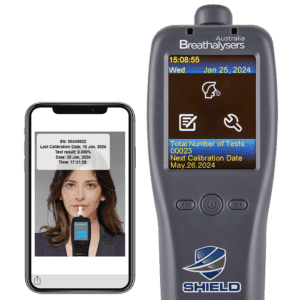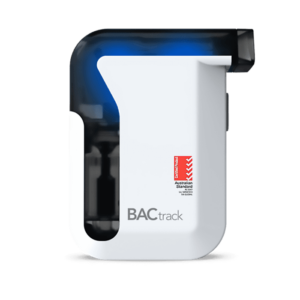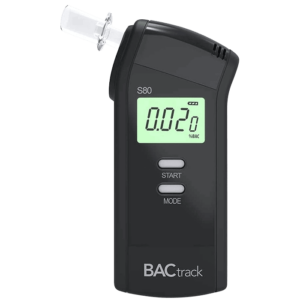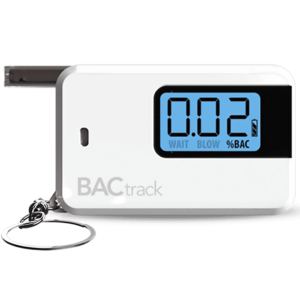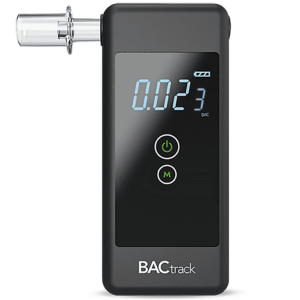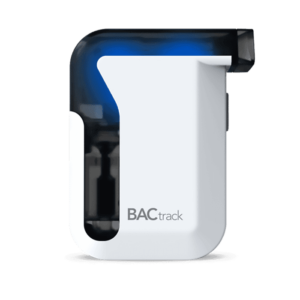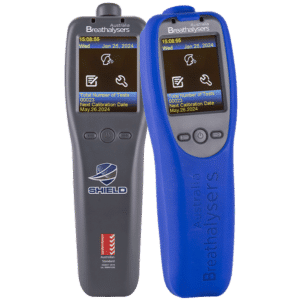Alcohol Testing for Court: General Overview
15 October, 2023

The use of alcohol testing for court cases has become increasingly common in recent years. As alcohol-related incidents continue to rise, the need for accurate and reliable testing methods has become paramount. This has led to the development of various alcohol testing techniques and technologies. Some examples include breath tests and blood tests. Interpretation of results is vital because it determines the outcome of a court case. It can lead to legal consequences.
If people find themselves involved in a court proceeding where alcohol is a factor, it is important to have a general understanding of testing for alcohol. Knowing how different types of tests work and their limitations can greatly impact the result of the case. The next sections will provide a comprehensive overview of the testing through its definition, testing types, and dealing with results. These give everyone the knowledge they need to navigate the legal system effectively.
Alcohol Testing for Court: Definition and Purpose
Alcohol testing for court is the process of determining the presence and level of alcohol consumption. This is necessary for individuals who have involvement in legal proceedings. In family law, authorities may order the testing to assess the safety and well-being of children at risk due to parental alcohol abuse. It allows the court to determine if alcohol intake is causing any psychological or bodily harm to the individual or others in the case.
The purpose of an alcohol test in a court setting is to gather evidentiary information. In particular, it is essential in cases where there are allegations of substance abuse or excessive consumption. The court requires the individual to provide a specimen to ascertain the presence and level of blood alcohol concentration (BAC) in their system.
The test outcome can be crucial. Authorities often use it to make determinations regarding child custody, visitation rights, and other legal matters. By making use of testing services, the court can ensure that the decisions they make are based on trustworthy information. It protects the best interests of all parties involved in the matter.
Common Legal Cases that May Require Court-Ordered Testing
Here are some of the common legal cases that require testing:
- Parenting disputes – These can be some of the most contentious and difficult matters to settle in court. The testing can play a role in ensuring it safeguards the interests of a child.
- Driving under the influence (DUI) – It is a serious crime that has led to countless fatalities and injuries. It occurs when a person operates a vehicle while impaired by alcohol.
- Public intoxication – This is a crime where someone is intoxicated in public areas. This typically involves a person with a high BAC causing disruption and inappropriate behaviour.

Alcohol Testing for Court: Types of Test
Alcohol testing for court can be vital. Authorities can utilise various types of tests to provide evidence and determine the BAC. Firstly, there is breath testing, which is a common method of testing. It uses a handheld breathalyser. The device measures and records the amount of alcohol in the system. They can present the results as evidence in court to prove whether or not an individual was intoxicated at the time of an incident.
Secondly, urine testing. This method can detect the presence of alcohol in a person’s urine sample. Ethanol, the active ingredient in alcoholic beverages, can be detected using urine tests up to 12-24 hours after the last drink. Thirdly, there is hair follicle testing. It involves collecting a sample of hair. Hair testing can identify alcohol use up to three months before collection.
Lastly, there is blood testing. It measures the level of alcohol in the bloodstream of a person. These tests are often administered in cases where there are concerns about potential harm or bodily injury. This is because it is one of the most accurate ways of measuring intoxication.
Factors that May Influence the Test Result
The level of alcohol abuse or consumption can affect the test result. Chronic or excessive alcohol intake can cause higher levels of alcohol in the system, leading to a positive test. In addition, environmental factors such as temperature or humidity can impact testing accuracy. Thus, it is important to take appropriate precautions when testing.
Other factors that can affect the detection window of alcohol include the metabolism and liver function of a person. Those with liver damage may have a slower metabolism, resulting in a longer detection window. Furthermore, the presence of medication or substances like certain prescription drugs or mouthwashes can influence test results.

Alcohol Testing for Court: Understanding Results and Their Limitations
Alcohol testing for court has some limitations. One instance is the fact that some testing methods do not provide a timeline as to when the individual consumed alcohol. This can cause some confusion in a court case. This is especially true if there is any dispute on whether a person drank it before or after the alleged offence. Therefore, it is important to consider which test to use and the information it can provide in legal matters.
Understanding testing results and their limitations is crucial when it comes to legal matters involving alcohol consumption. It can provide important evidence regarding alcohol abuse or excessive consumption. However, it is important to note that several factors can influence the outcome of the test.
It is important to seek legal advice when interpreting alcohol testing results, particularly in family law matters where the well-being of children may be at risk. While a positive test may indicate the influence of substances in the life of a parent, it is essential to consider the specific circumstances and the potential harm that it can cause to the children involved.
False Positive or Negative Results
False positive or negative results in alcohol testing can have significant consequences. A false positive result occurs when a test wrongly identifies the presence of alcohol in the body. This can happen due to various factors such as cross-reactivity with other substances or errors in the testing process.
On the other hand, a false negative result fails to detect the actual presence of substances, potentially leading to a misinterpretation. It can happen when a person metabolises alcohol before testing. To ensure accurate interpretations, it is crucial to consider the limitations and potential errors of testing methods.
Conclusion
Alcohol testing for court proceedings is an essential tool for authorities to assess risks. Moreover, it allows them to make important decisions about legal matters such as child custody, visitation rights, and DUI charges. Knowing the different types of tests available and their limitations provides a better understanding of how to use them in court cases. This ensures fairness and accuracy are serving justice for all parties in the case.
The results of the test, in conjunction with other evidence, can provide insight into the alcohol intake habits of a person. This is beneficial if there is a pattern of chronic alcohol abuse or excessive drinking. This can help the court develop appropriate measures to mitigate potential concerns. Additionally, there are factors to keep in mind during interpretation to avoid problems. Ultimately, the goal is to ensure the safety and well-being of everyone.



















